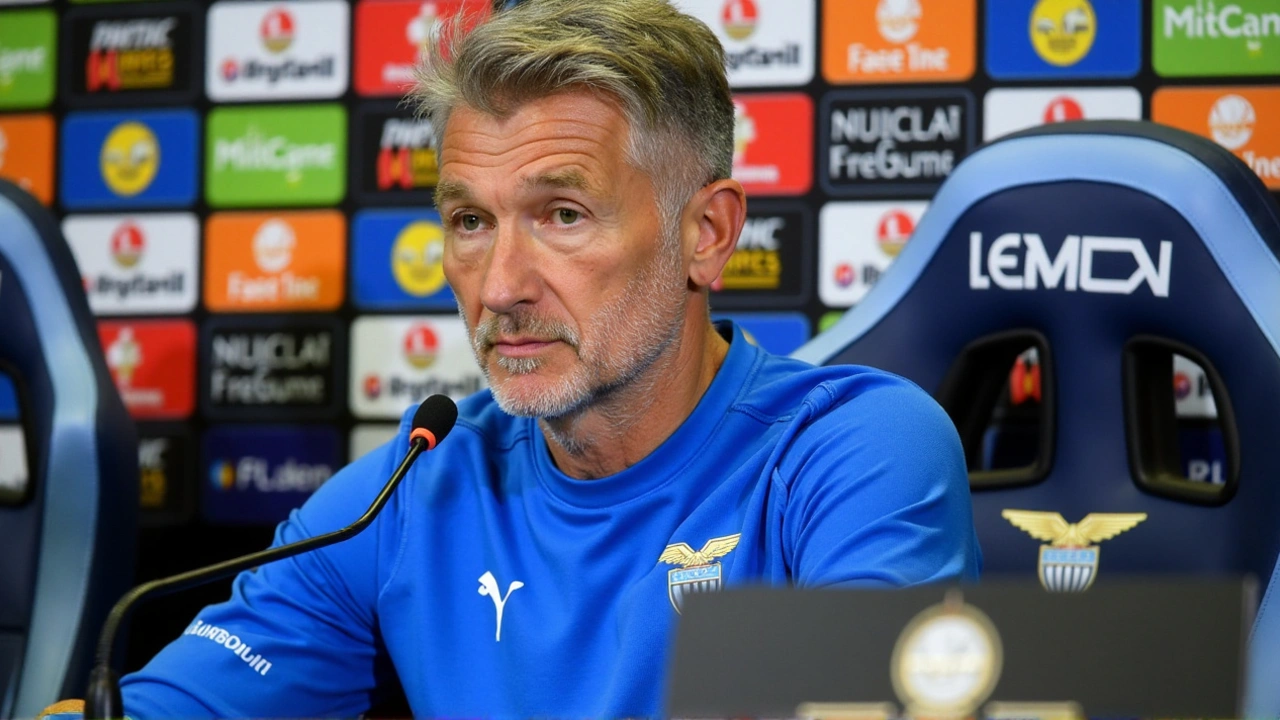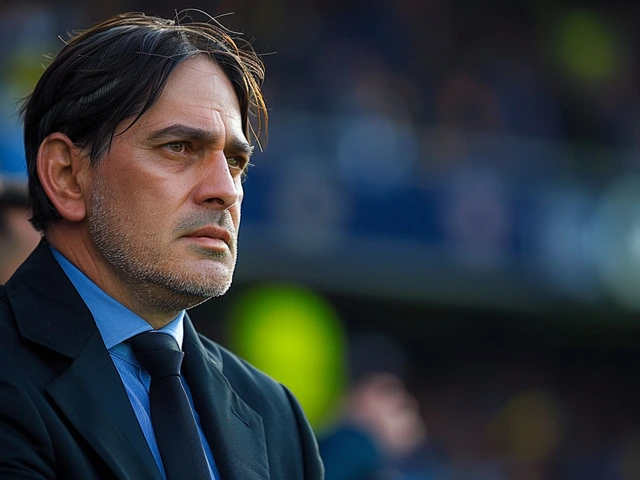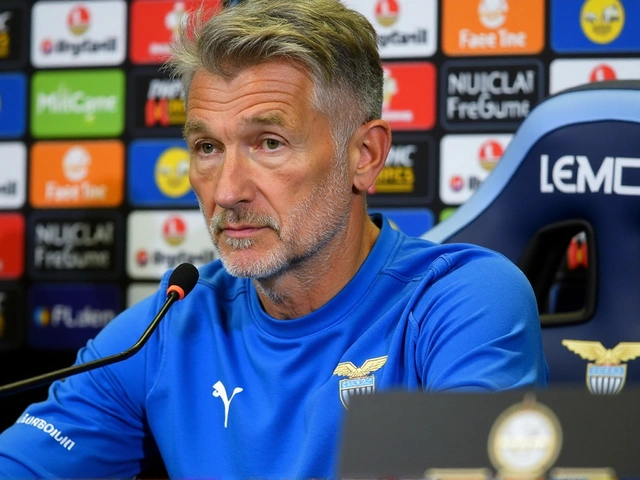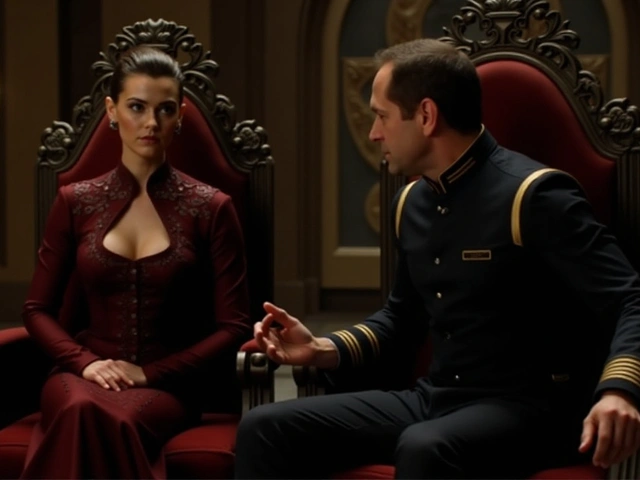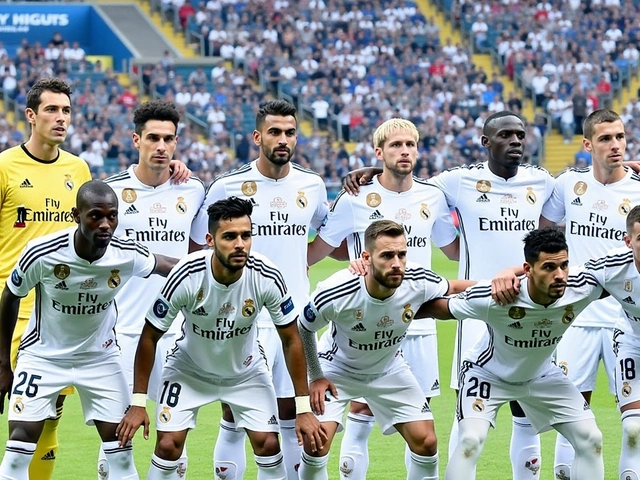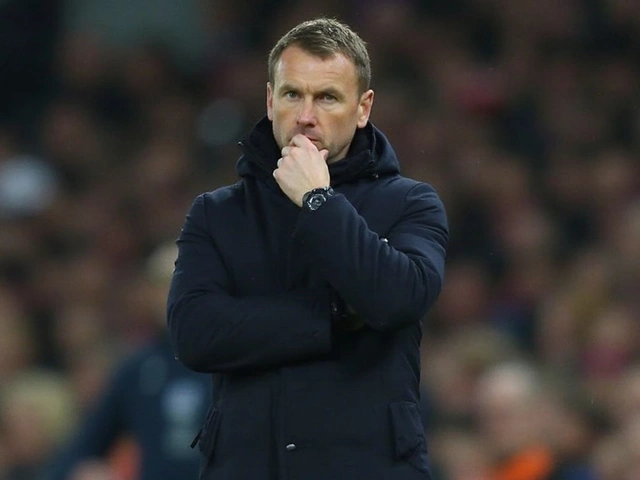Lazio's Marco Baroni Criticizes Referee Decision in Controversial Match Against Ludogorets
Lazio's Coach Marco Baroni: A Voice of Disapproval Against Refereeing Decisions
In the high-stakes world of professional football, controversies surrounding refereeing decisions are as old as the game itself. Yet, in a recent clash between Italy's Lazio and Bulgaria's Ludogorets, the air was thick with discord following a perplexing decision that many, including Lazio's coach Marco Baroni, felt had an undue influence on the outcome of the match. The incident in question revolved around a denied penalty, one that even the modern intervention of VAR could not rectify to Baroni's satisfaction.
Baroni, visibly exasperated in his post-match press conference, did not mince words as he addressed the media. "I certainly didn't compliment the referee," he stated, conveying his profound disapproval. It was a succinct declaration that encapsulated a core feeling many coaches harbor when decisions falter in high-pressure games. The episode in question saw a clear penalty opportunity for Lazio being dismissed, a decision that could have potentially altered the scoreline in favor of the Italian side. Instead, the decision stood, leaving Baroni and his squad with a lingering sense of injustice.
The Role of VAR in Modern Football
At the heart of Baroni's frustration lies the utility and interpretation of the Video Assistant Referee (VAR), a system designed to correct clear and obvious errors. However, its application often brings about as much criticism as praise. In this particular instance, the VAR advised a review of the penalty situation, yet the referee, in his on-field discretion, opted to reject the input. This led many to question the consistency and reliability of the technology that was intended to bring clarity and fairness to the sport.
Baroni was clearly aggrieved by what he perceived as a refusal to trust the technology that had been put in place to ensure fair play. He lamented the decision as a significant blunder. The incident shines a spotlight not just on this singular match, but on the ongoing debate regarding how VAR should be implemented across the leagues. Critics argue that too often, referees rely on personal judgment, undermining the potential of VAR to rectify on-field errors.
Ludogorets' Defensive Strategy Under Scrutiny
Adding another layer to the controversy was Baroni's critique directed at Ludogorets' playing style. He accused the Bulgarian club of engaging in overly defensive tactics, allegedly aimed at stalling the game rather than actively competing for the win. "They didn't want to play," Baroni remarked, hinting that the team's strategic blueprint was more focused on frustrating Lazio's efforts than showcasing competitive football.
Defensive strategies are common and often effective in managing stronger opponents, yet they are sometimes perceived as negative football by those advocating for a more fluid and engaging style of play. In this case, Baroni's disapproval reflects a broader sentiment among certain football purists who envision the sport as a showcase of talents rather than a tactical standoff marked by delays and conservativeness.
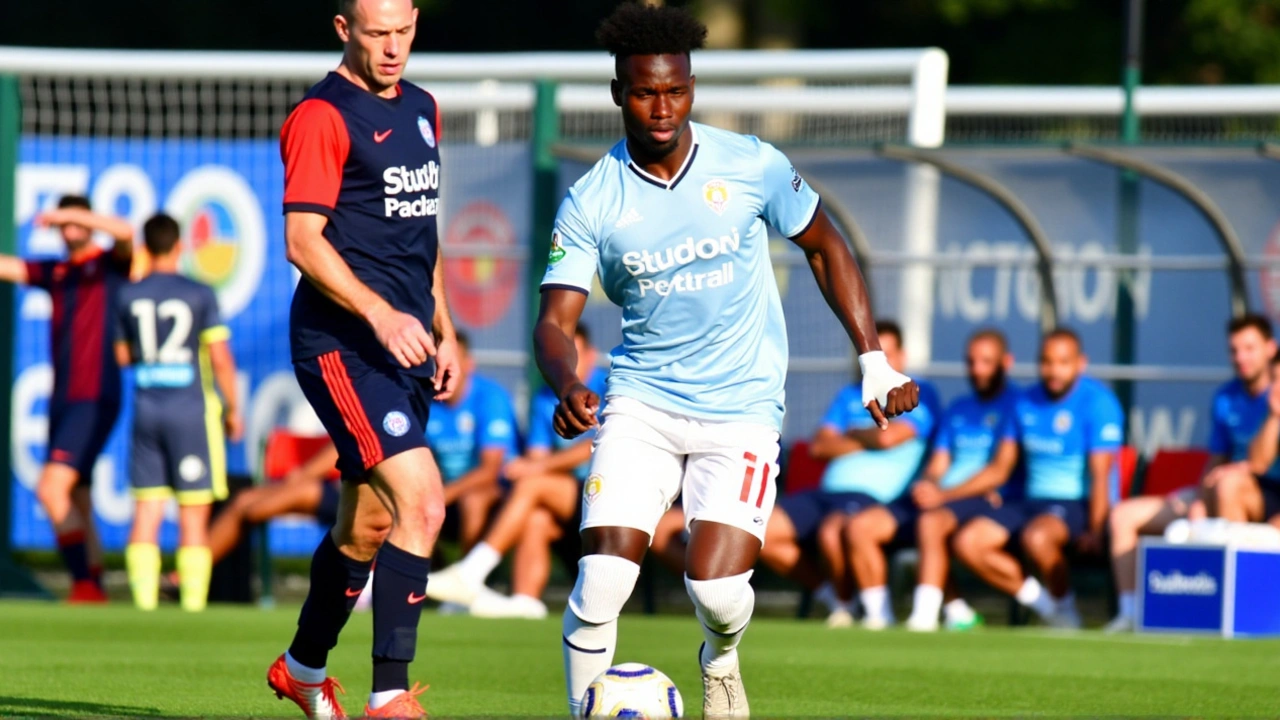
The Penalty Decision: A Turning Point that Wasn't
The decision to deny Lazio the penalty was not just controversial; it had a tangible impact on the dynamic of the game. Penalties are often make-or-break moments that can significantly shift the momentum in a match. Had the decision swung in Lazio's favor, the narrative of the match might have unfolded quite differently. Such pivotal moments underscore the immense pressure on referees and the growing debate on how much influence technology should have in these crucial decisions.
For teams fighting for positions and titles, these decisions can mean the difference between ascending the ranks or missing out on critical points. Baroni emphasized this point, arguing that ignoring the VAR's suggestion was not just a minor oversight but a major error. The emotional investment and the repercussions of these moments reverberate through not just player careers but also through coaching tenures and club reputations.
Repercussions for Lazio and the Broader Football World
For Lazio, this game represents a missed opportunity to capitalize and potentially see a different outcome. However, it also serves as a rallying point for initiating discussions on the effectiveness and accountability of refereeing decisions in the game. Fans and analysts have long discussed the human element in football and whether technology should supplement or override traditional decision-making processes.
Baroni's openness in addressing the issue publicly adds a voice to ongoing discussions about improving transparency and consistency in the sport. Although his comments were critical, they were also a call to action, suggesting the necessity for reassessment of referee reliance on VAR in high-stakes scenarios. The dialogue he has sparked continues to circulate among stakeholders, pushing for resolutions that work in favor of clarity and fairness.
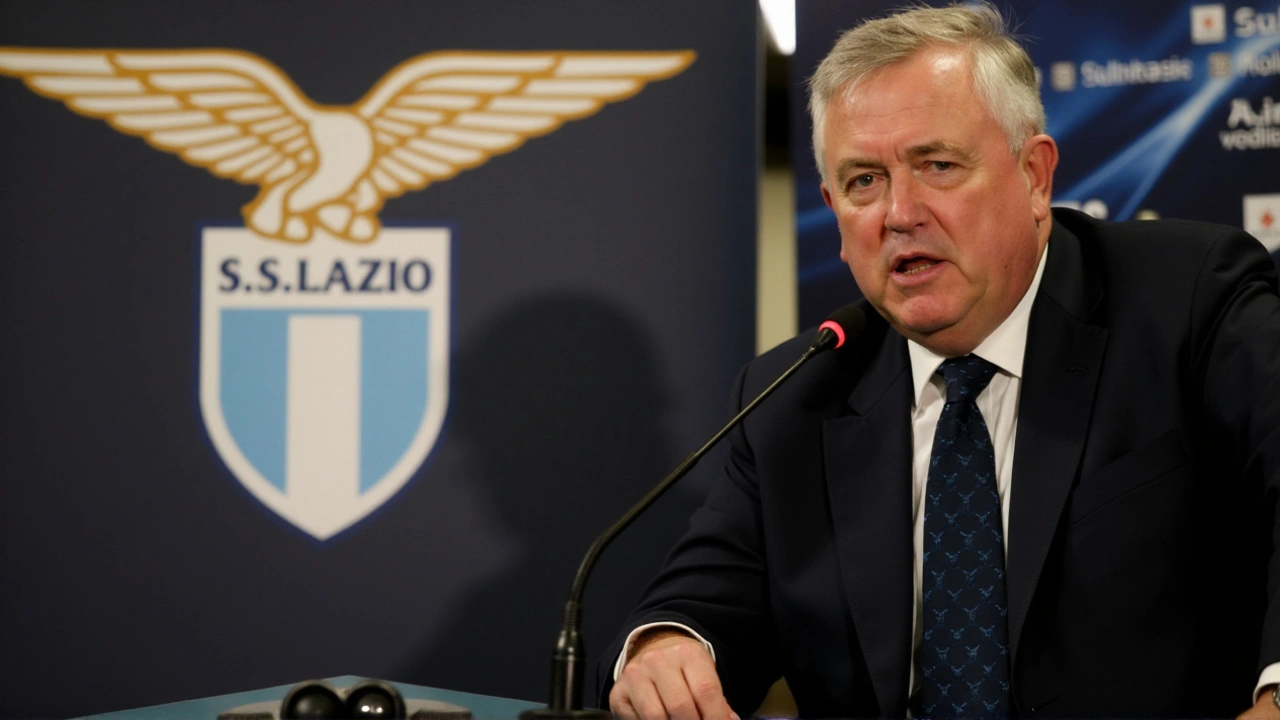
Lessons and Future Outlook
At the end of the dramatic encounter, what remains is not just a debate about a single penalty. It opens up larger conversations about the evolving nature of the sport and how tools like VAR can be better integrated to serve their intended purpose — ensuring fairness, minimizing errors, and upholding the integrity of the game.
Both players and fans look forward to developments in refereeing technologies and methods, hoping for improvements that balance human discretion with technological insights. Baroni's passionate response echoes through football communities, stressing the importance of vigilance and progress in refining what remains the world's most beloved sport.
As the discussions grow louder, one thing is certain: the push for greater accuracy and accountability in football decision-making is not just a passing phase, but a cornerstone for the sport's future.
